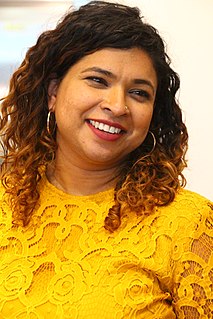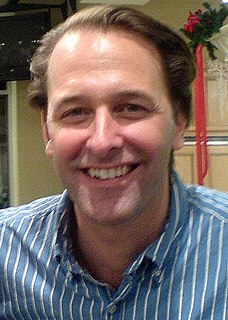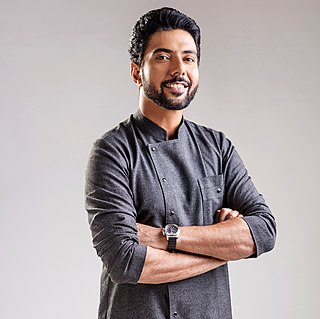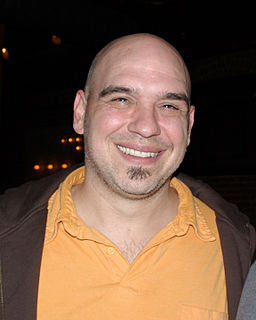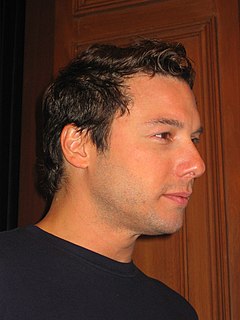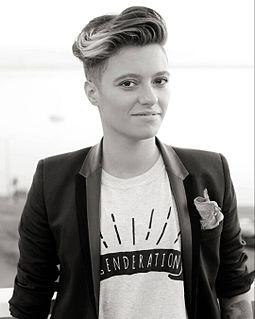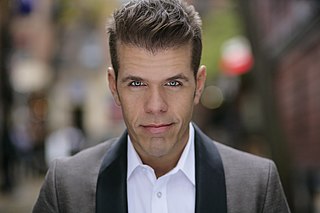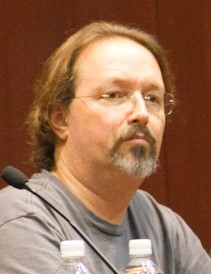A Quote by Aarti Sequeira
So many of the recipes that I come up with have a story. I'm a blogger. It flowed very naturally out of me, but I also knew this was a way to set my recipes apart. A, they are always using interesting ingredients but B, there is always a story behind it.
Related Quotes
There's a misunderstanding that I've always tried to address straight on when this question comes up, which is that a 'Half-Life' story can somehow exist outside of a game. It can't. The story is created through the process of trying to figure out how to best use the features of the engine within the interesting set of constraints it poses.
If one loves stories, then one would naturally love the story of the story. Or the story behind the story, pick your preposition. It does seem to me to be a kind of animal impulse almost, a mammalian curiosity. For a reader to wonder about the autobiography in a fiction may be completely unavoidable and in fact may speak to the success of a particular narrative, though it may also speak to its failure.
Taking dishes straight off the restaurant's menu and putting them into a cookbook doesn't work, because as a chef you have your own vision of what your food is, but you can't always explain it. Or you can't pick recipes that best illustrate who and where you are and what you're doing. And if the recipes don't work, you don't have a book.
The story you envision as you start out is always a great story; when the facts turn out to be different from, or more complex than, what you expected, your first reaction is always disappointment. That's when you must fight the urge to bend the story to your preconceived notions. First, it's dishonest. And second, in the end, the truth is always the best story.
